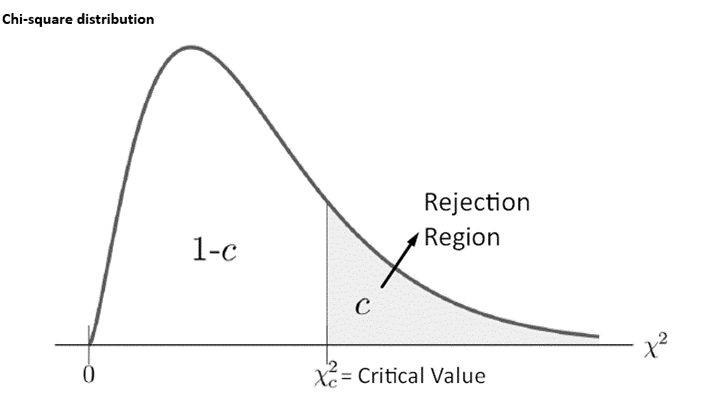Chess is not only a game of strategy and patience but also a tool that can enhance your math performance. In this article, we will explore how playing chess can improve your performance in IB math. We will also discuss the benefits of playing chess and how it can help you in other areas of your life.
The Benefits of Playing Chess for Math
Improves Concentration and Focus
Chess is a game that requires concentration and focus. When playing chess, you need to think several moves ahead, analyze the board, and consider your opponent’s possible moves. This level of concentration and focus can translate into other areas of your life, such as school or work.
Chess Enhances Math Problem-Solving Skills
Playing chess helps to improve your problem-solving skills. You need to think critically to evaluate the situation on the board, anticipate your opponent’s moves, and find the best possible solution. This type of thinking can be applied to real-life situations, such as academic problems.
Chess Develops Logical Reasoning for Math
Chess is a game that requires logical reasoning. You need to consider cause and effect, analyze the board, and make strategic decisions. This type of reasoning can be applied to many different academic subjects, including math.
Enhances Memory
Playing chess can help enhance your memory skills. You need to remember the moves you and your opponent have made, analyze the board, and remember possible future moves. This type of memory work can be applied to academic subjects, such as math formulas.
How Chess Can Improve Your IB Math Performance
Helps with Algebra
Playing chess can help with algebra. Algebra requires problem-solving skills and logical reasoning, which are also essential in chess. By playing chess, you develop these skills and can apply them to algebraic equations.
Improves Geometry Skills
Chess also helps to improve your geometry skills. The game involves visualizing the board and predicting your opponent’s moves, which requires spatial reasoning. Spatial reasoning is also important in geometry, and playing chess can help you develop this skill.
Develops Calculus Skills
Chess involves calculating moves and anticipating future moves, which requires basic calculus skills. By playing chess, you can develop your calculus skills and apply them to more complex math problems.
Chess Enhances Critical Thinking in Math
Playing chess enhances critical thinking skills. You need to evaluate the situation on the board, analyze your opponent’s moves, and make strategic decisions. These skills can be applied to math problems, where critical thinking is essential.
Chess Improves Problem-Solving Skills
Chess requires problem-solving skills, which are also essential in math. By playing chess, you can develop your problem-solving skills and apply them to math problems.
Develops Perseverance and Grit
Chess is a game that requires perseverance and grit. You need to keep playing even when the game is not going well, and you need to learn from your mistakes. This type of perseverance and grit can be applied to math, where it is important to keep trying even when the problem seems difficult.
Conclusion
Playing chess is not only a fun and challenging game, but it is also a tool that can enhance your math performance. By playing chess, you develop concentration and focus, problem-solving skills, logical reasoning, memory, and perseverance. These skills can be applied to many different academic subjects, including IB math. So, game on! Start playing chess today and watch your math performance soar.
FAQs
Q: Is chess only beneficial for IB math performance?
No, chess can be beneficial for any academic subject that requires critical thinking, problem-solving, and logical reasoning.
Q: Can playing chess improve my memory?
Yes, playing chess can help enhance your memory skills by remembering the moves you and your opponent have made and analyzing the board.
Q: Can chess help with other skills besides math?
Yes, chess can also help with skills such as decision-making, creativity, and strategic thinking.
Q: Do I need to be a good chess player to benefit from playing it?
No, even if you are a beginner at chess, playing regularly can still improve your skills in math and other areas.
Q: How much time should I spend playing chess to see the benefits?
It depends on your goals and schedule, but even just a few hours a week can make a significant difference in your math performance and overall cognitive abilities.



